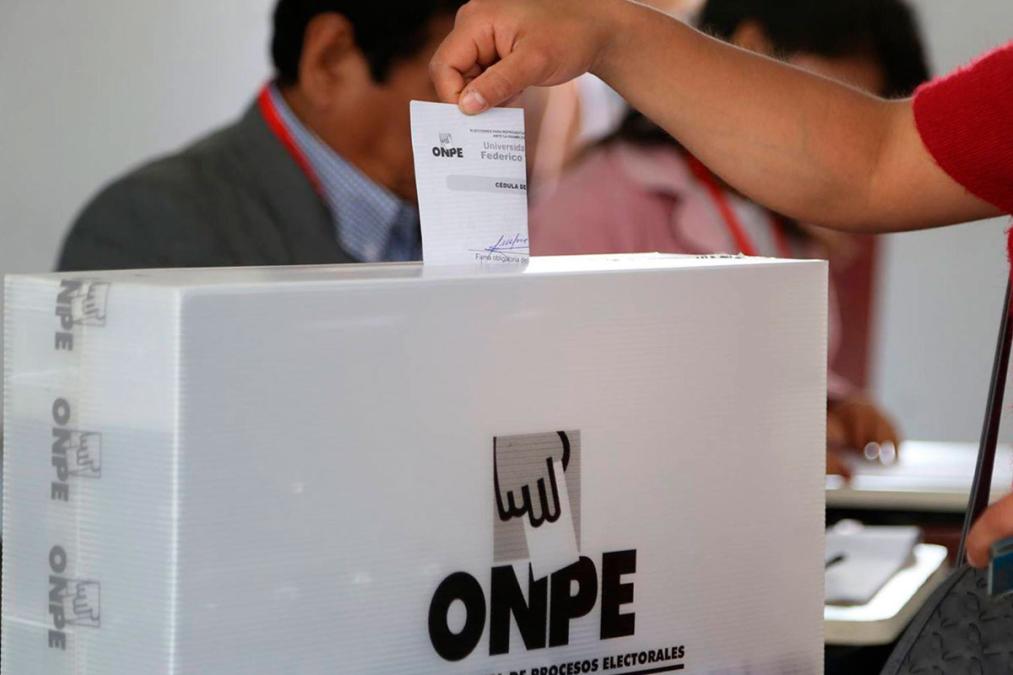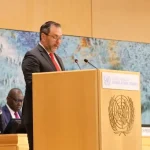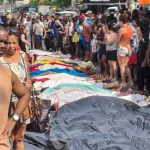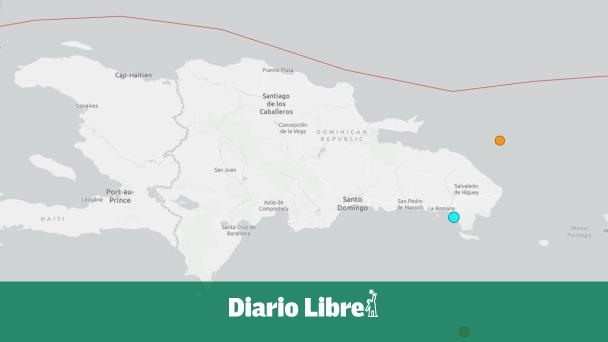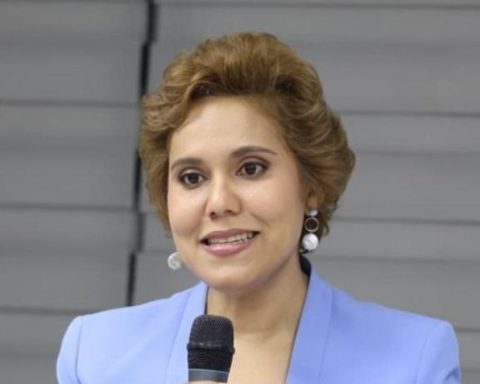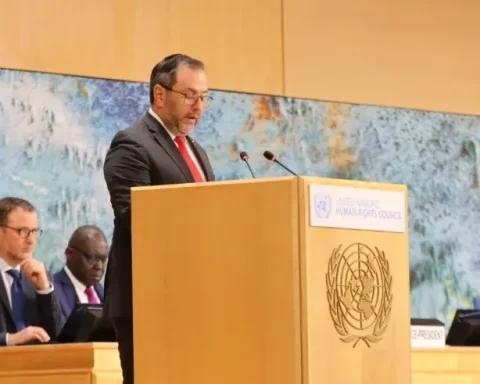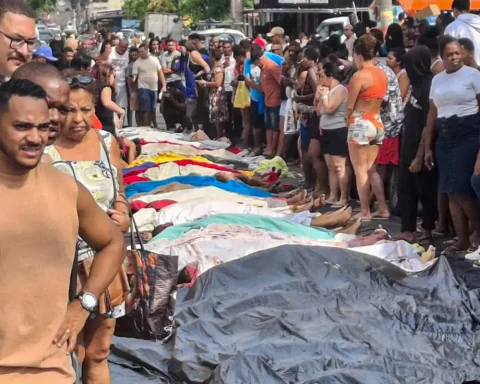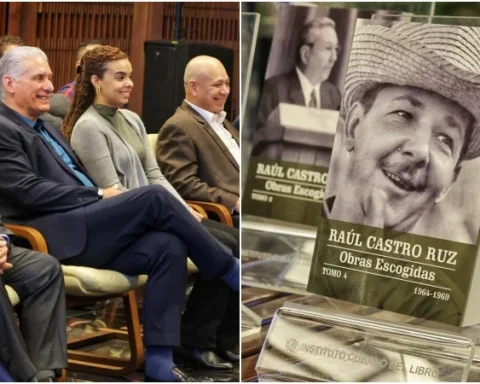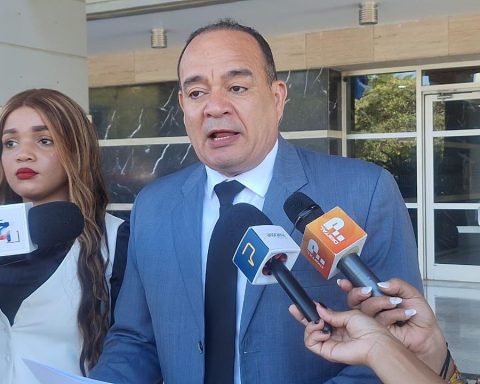The National Electoral Process Office (ONPE) approved the regulation of primary elections of political organizations with a view to the electoral processes of 2026, both the one that will be held in April to elect President, Vice President, Senators, Deputies and Andean Parliamentarians, and the one that will be held in October to elect governors, vice -governors, regional counselors, and mayors and councilors of provinces and districts.
Through the Headquarters Resolution No. 000022-20025-JN/ONPE, published in the Official Gazette El Peruano, the document It establishes provisions on the electoral roll, the location of candidacies for primary elections in the voting card, the elaboration of electoral material, the vote tables and voting premises. Also on the selection of suffrage table members, the conventional vote, the operation of the suffrage tables and publication of results.
Onpe says that the mandatory nature of the provisions of articles 21, 23, 24 of Law No. 28094, Law on Political Organizations, requires that development norms that make possible the organization and execution of these elections possible.
“The impact of regulations is positive, given that those acts that must be executed within the primary elections are regulated, so that political organizations can know each stage, milestone and requirement for their development. This will also grant transparency and legal certainty with respect to primary elections,” reads the regulations.
The resolution recalls that Law No. 31981, which modifies the Law of Political Organizations on Primary Elections, provides that these elections are organized by the ONPE and commission the National Registry of Identification and Civil Status (RENIEC) to prepare the electoral roll. In turn, the National Jury of Elections (JNE) facilitates access to a single background window for electoral use, control the resumes of candidates in primary elections and designated candidates, resolves in appeal conflicts in electoral matters and proclaims the chosen candidates.
The regulation will be mandatory observance and compliance with the political organizations that have a current registration in the Registry of Political Organizations in accordance with the deadlines established by the JNE. At the moment, there are 43 political groups with current registration and 31 more in the process of doing so.
The rule establishes that the central electoral body (OEC) of political organizations, within the scope of its competence, will be responsible for guaranteeing compliance with the provisions of the regulation and monitoring its observance by the decentralized electoral bodies, candidates, delegates, personnel, as well as their affiliated and non -affiliated voters registered by the political organization.
Forms of application
Regarding the forms of application, it is established that the JNE is the body in charge of communicating to the ONPE the candidacies presented in the primary elections, as well as the positions to which it is postulated, within the period stipulated in the electoral schedule. The questions or the challenges about the information provided by the JNE will not proceed to the electoral entity.
It is also set that the voting schedule will be from 8 a .M. Until 3 PM and the members of the suffrage tables will meet at the corresponding voting premises from 7 am on the primary election day, so that the suffrage tables begin to function from 8 am
Regarding the publication of results, the ONPE will send them to the special electoral jurors (JEE) and a copy to the OEC of the political organization and make the respective publication in its electronic portal.
Take advantage of the new experience, receive by WhatsApp our enriched digital newspaper. Peru21 Epaper.
Now available in Yape! Find us in Yape Promos.
Recommended video:
